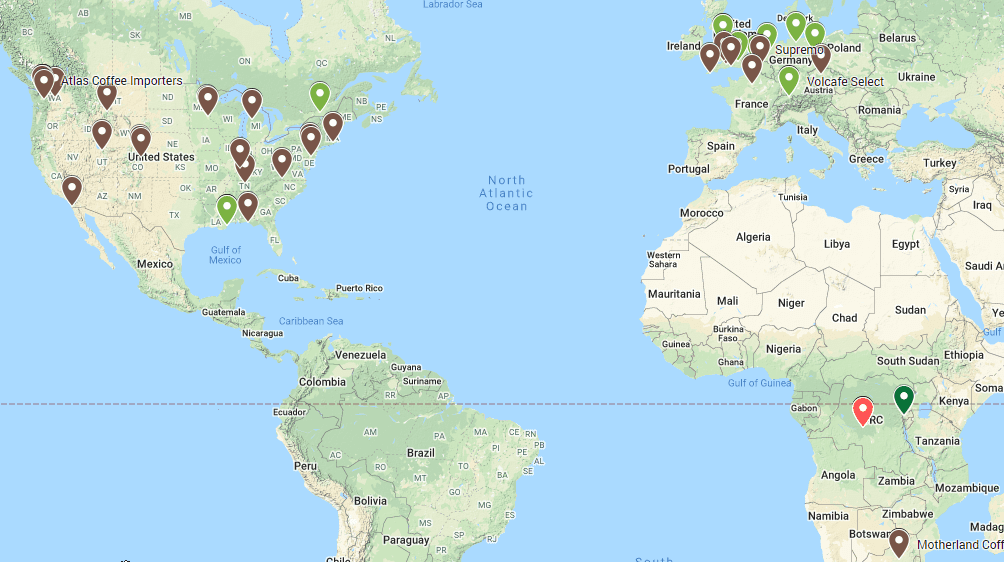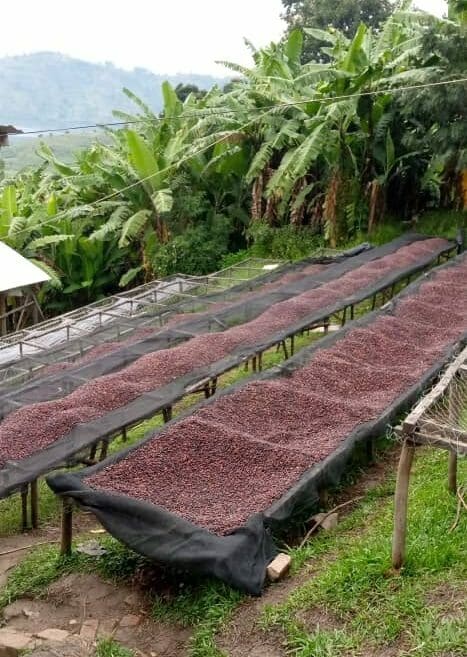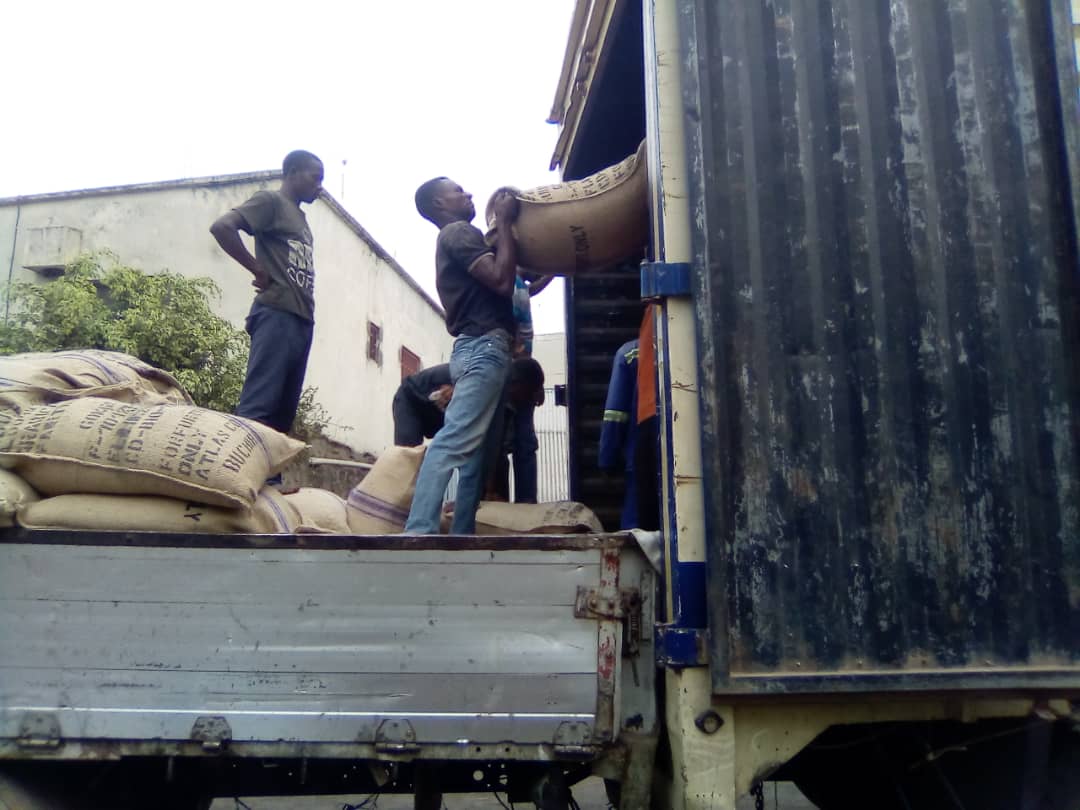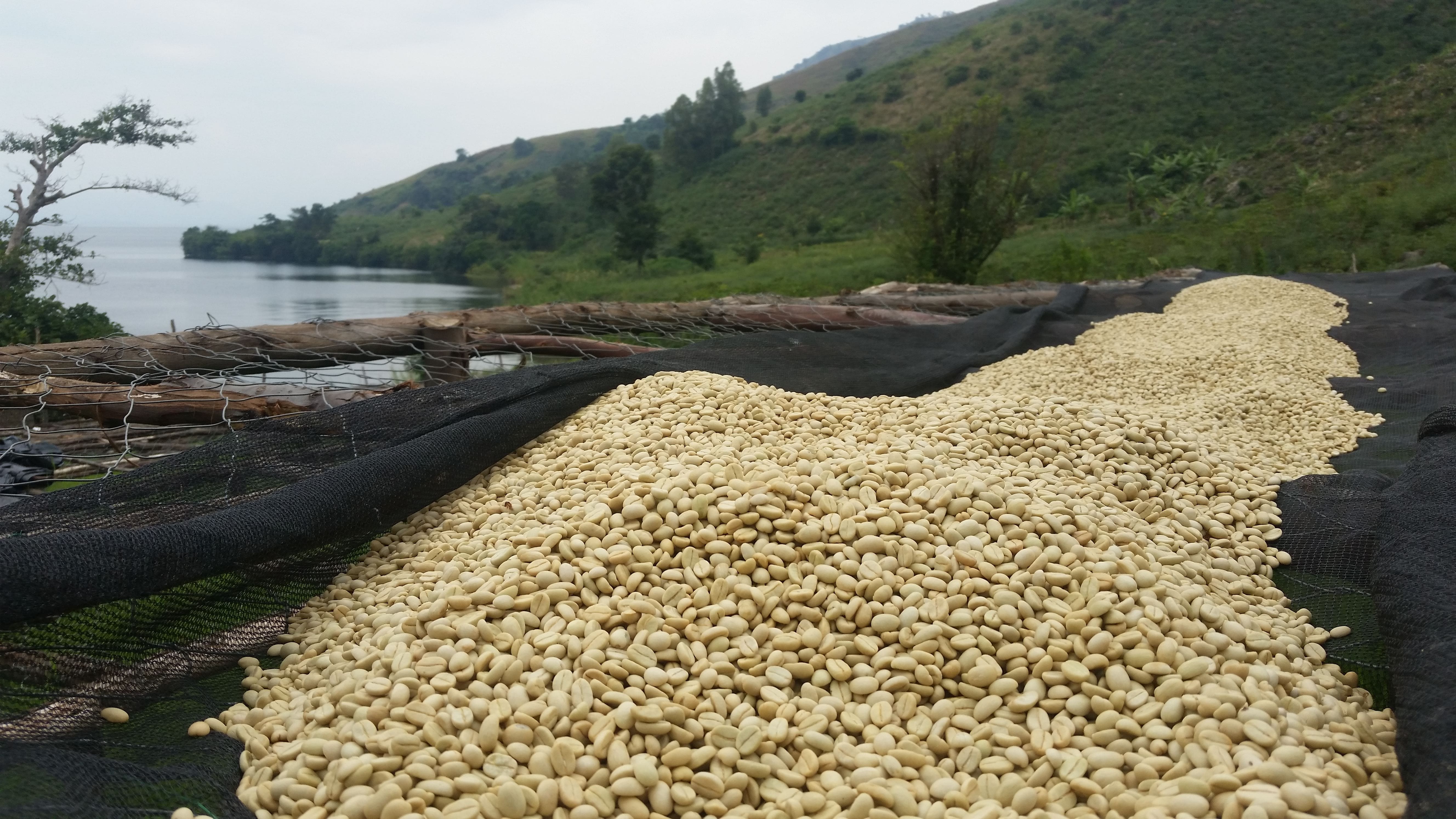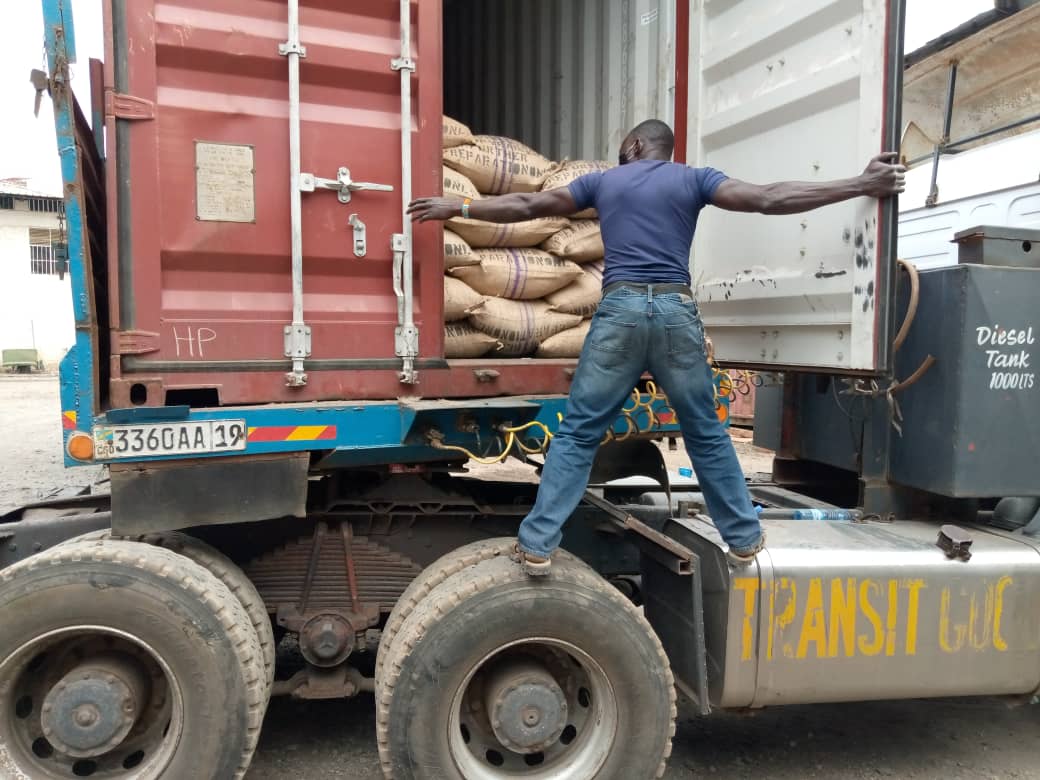It’s hard to imagine a place that’s been less understood and more mythologized than the Democratic Republic of the Congo (DRC). DRC is known as Robusta’s birthplace and has produced both Arabica and Robusta for over a century. And even though smallholders in the DRC are producing some of the highest-quality Arabica in the world, DRC is rarely at the center of coffee conversations—specialty or otherwise—producing only 397,000 x 60kg bags of Arabica in 2018, or .227% of the world’s annual coffee production that year(ICO statistics, 2018).
The question is: Why? How can the coffee industry work to change these numbers, engage with producer groups more thoughtfully, and mitigate the particular challenges of sourcing coffee from this region? As an industry, how can we change this so that DRC moves from perpetually ‘emerging origin’ to an origin that roasters and consumers want to carry as a regular part of their lineup, both as a blend component and single-origin feature?
To discuss these questions and more, Atlas Coffee Importers, along with ÉLAN RDC, Cooperative Coffees, and Higher Grounds Trading, will host “Exploring Congolese Coffee,” a three-part free webinar series for coffee roasters. Please join us for our first event on September 30, a free one-hour webinar (register HERE), featuring importers, industry partners, DRC producers, and roasters as we explore the unique joys and challenges of Congolese coffee.
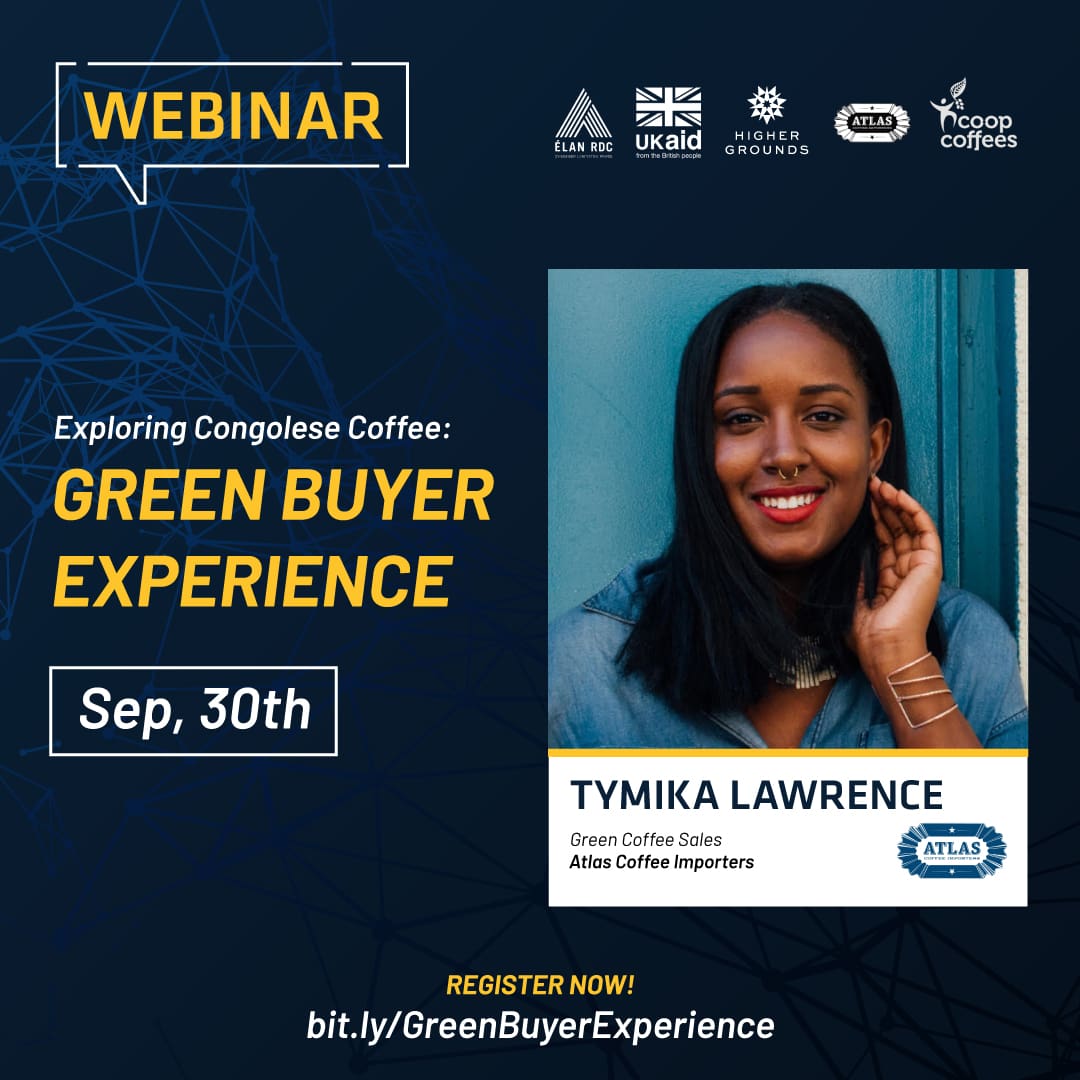 To increase awareness of where to currently find or source Congolese coffee, we’ve also created map highlighting roasters and importers who currently source coffee from DRC, along with contacts for key DRC coffee organizations.
To increase awareness of where to currently find or source Congolese coffee, we’ve also created map highlighting roasters and importers who currently source coffee from DRC, along with contacts for key DRC coffee organizations.
Specifically, Atlas’ purchases coffee from Muungano Cooperative and Rebuild Women’s Hope, both in South Kivu, eastern DRC. I reached out to Muungano’s manager, Daniel Habamungu, and founder of Rebuild Women’s Hope, Marcelline Budza, to see if they or their members had anything they’d like to share with us ahead of these discussions.
Daniel shared (translated) that “Cooperative Agricultural Muungano is about quality, respecting women, and the development of its members through coffee. It’s been particularly difficult since covid since we have had fewer coffee sales, and our members particularly rely on coffee and are loyal to the cooperative and to producing high-quality coffee. The members have found small other means of income, and some of the female members have been able to sell their goats from the additional earnings they made from their women-produced coffee, but we were only able to contract for less than half of their capabilities.” For more on Muungano, please see our latest interview with them here on their foray into producing natural-process coffee.
Marcelline shared (translated) a few of her thoughts as well as thoughts from some of Rebuild Women’s Hope members. For more information on Rebuild Women's Hope, please see Atlas' latest interview with Marcelline here.
"Rebuild Women’s Hope was created to “enhance the work of women by creating in them a spirit of entrepreneurship and empowerment in order to raise household living standards…[Coffee] brings development in the community thanks to importers and international roasters that continue to promote small producers through buying their coffee and supporting their social projects which are for the benefit and development of the community…[even though] we face several constraints in the coffee sector, such as the lack of a coffee laboratory to be able to closely monitor the quality of coffee , the lack of in-depth knowledge on the phytosanitary control of coffee , slowness in obtaining documents during exportation, taxation.
“I also wanted to talk to the international roasters who have never tasted or bought DR Congo coffee to try some and you will not be disappointed, as it is among the best coffee in the world, a coffee that speaks for itself, and that fights against gender discrimination… that contributes to the social and economic development of the community.
From Mrs. Sifa Mw'Bizerwa : 37 years old and coffee producer and widowed mother of 12 children: “My wish is that our coffee is imported, known and consumed throughout the world because this coffee is the expression of our struggle for power to be autonomous and fight against the socio-economic violence that we face from day to day.”
From Nankanfu Mw'B isengimana : coffee producer and married mother of 8 children: “a coffee bean bought by roasters transforms our lives and that of a whole community in general in a direct and indirect way. Because if our children study, eat, carry out our small projects and have access to medical care today it is thanks to the coffee. We call that those who have not yet bought the coffee from Congo and that of RWH in particular to come and taste and they will not be disappointed, because we work our coffee with lots of love and joy.”
From: Solange M'murefu : 42 years old and mother of 9 children. “Several years ago we needed a hospital to receive treatment, we had written letters to the political authorities to finally plead that we obtain a hospital but the answer was unachievable promises. We realized that the solution to our problems was ourselves, and we had worked very hard to bring quality coffee to the market and this brought us the first maternal clinic and pediatric that we are in the process of building ourselves thanks to the efforts of all of us. We say thank you to the roasters who have already bought our coffee and we ask those who have not yet to join us in buying our coffee to support this fight.”
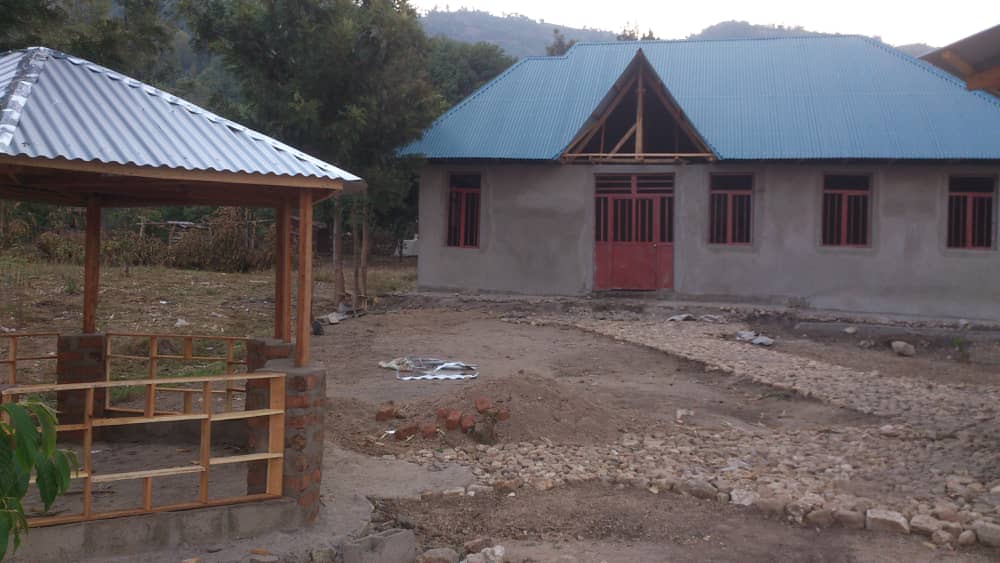
Maternal and Infant Health Center construction from RWH, Idjwi Island. Photo credit: Marcelline Budza
We'll see you online as we kick off the webinar series on September 30th!
